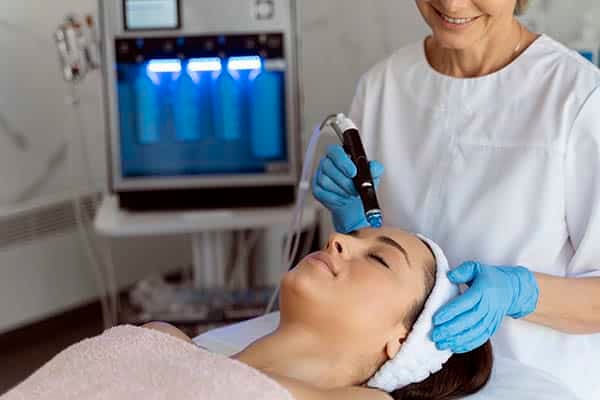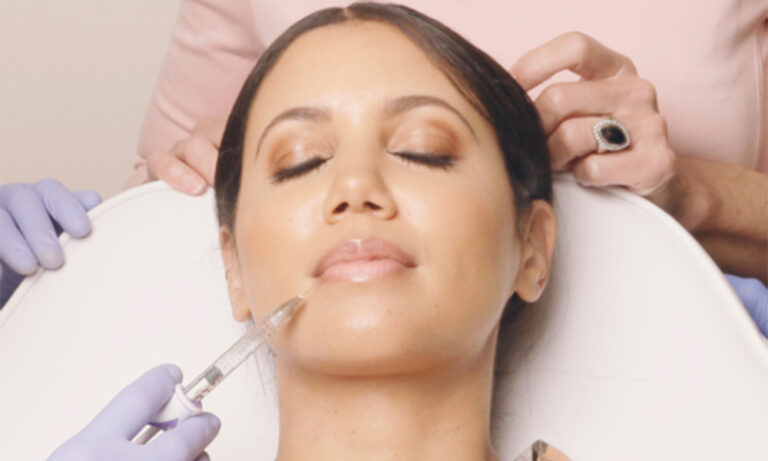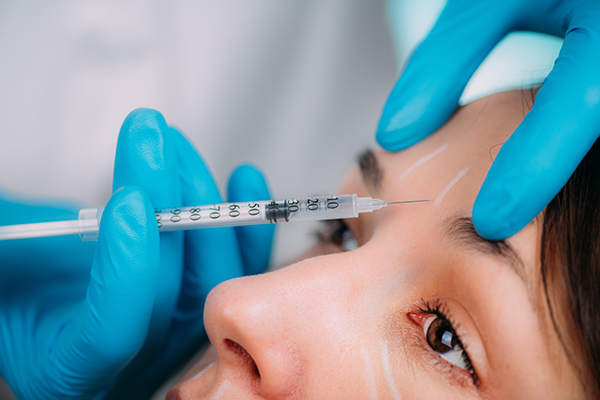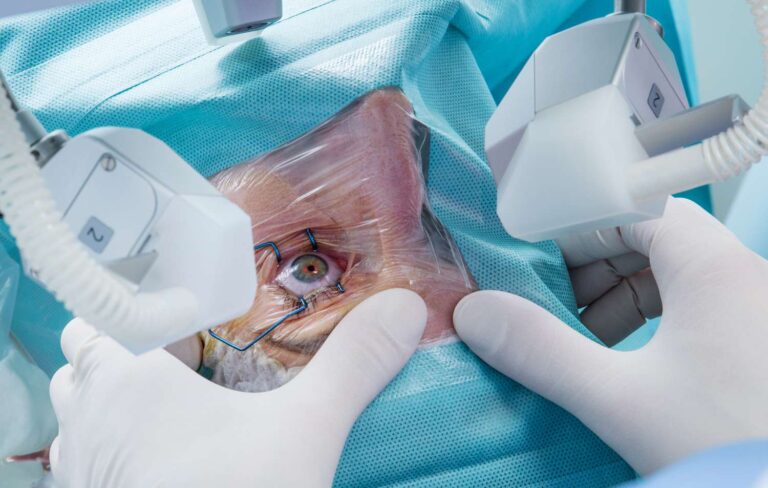Navigating the complexities of skilled nursing care can feel overwhelming, especially when determining who qualifies and what’s required. This specialized care plays a crucial role in supporting patients recovering from illness, injury, or surgery, offering a level of medical attention that goes beyond standard caregiving.
Understanding patient eligibility and requirements is key to making informed decisions. Factors like medical necessity, insurance coverage, and physician recommendations often determine access to skilled nursing services. By breaking down these essentials, families and caregivers can ensure patients receive the right care at the right time.
What Is Skilled Nursing Care?
Skilled nursing care involves medical services provided by licensed professionals such as registered nurses, physical therapists, or occupational therapists. It includes treatments and procedures requiring specialized training, like wound care, medication administration, and physical rehabilitation. These services ensure patients receive effective care tailored to their medical needs.
This care is typically administered in skilled nursing facilities, hospitals, or through home health services when recovery at home is deemed appropriate. Skilled nursing focuses on addressing both acute and chronic conditions, ensuring a safe recovery process or ongoing management of health issues. Physician oversight is often required to guide the care plan.
For patients recovering from surgery, stroke, or serious illness, skilled nursing care offers vital medical supervision and support. Specific treatments may involve IV therapy, catheter care, or advanced monitoring, depending on the patient’s condition.
Medical Conditions Requiring Skilled Nursing
Certain medical conditions necessitate skilled nursing care, particularly when professional medical attention and specialized treatments are essential for recovery. These conditions include both acute and chronic health issues that impact a patient’s ability to manage daily activities independently.
- Post-Surgical Recovery: Complicated surgeries, such as orthopedic operations or organ transplants, often require wound care, pain management, and physical rehabilitation provided by skilled nursing professionals.
- Neurological Disorders: Conditions like strokes, multiple sclerosis, and Parkinson’s disease frequently necessitate skilled care for tasks such as mobility training, speech therapy, and medication management.
- Chronic Illness Management: Patients with diabetes, chronic obstructive pulmonary disease (COPD), or advanced heart failure may require help with monitoring vital signs, administering medications, and following disease-specific treatment plans.
- Wound and Ulcer Care: Severe or non-healing wounds, pressure ulcers, and surgical site infections demand advanced care techniques, such as debridement and specialized dressings, often performed by skilled nursing staff.
- Medication Administration: Infusions, injections, and intravenous therapies for conditions like cancer or severe infections fall under skilled nursing care due to their complexity and required expertise.
These conditions underline the critical role of skilled nursing in achieving optimal health outcomes. For additional information on eligibility and services offered, resources such as APEX Home Health Care can provide further clarity on What Qualifies a Patient for Skilled Nursing Care?

Physician Recommendations: A Key Step in Eligibility
Physician recommendations establish whether a patient is eligible for skilled nursing care. These recommendations are based on medical evaluations, focusing on the complexity of the patient’s condition and the need for professional care. Physicians assess whether treatments, such as wound care, medication management, or physical therapy, require skilled professionals to ensure patient safety and recovery.
Medical necessity is a primary factor in a physician’s decision. Patients recovering from surgery or managing chronic conditions often require interventions that demand nursing expertise. For instance, post-surgical patients needing rehabilitation or stroke survivors requiring neurological care typically meet these criteria. Physicians document these needs to provide evidence supporting eligibility.
Clear communication between the physician and family members is also essential. Families gain a better understanding of care requirements for their loved ones when guided by a physician’s assessment. Trusted providers, such as APEX Home Health Care, offer resources to help families comprehend physician-directed qualifications and answer questions like “What Qualifies a Patient for Skilled Nursing Care?”.
Home vs. Facility-Based Skilled Nursing Care
Skilled nursing care is provided in two main settings: at home or in a specialized facility. Each option caters to different patient needs based on medical requirements, living situations, and physician recommendations.
Home-Based Skilled Nursing Care
Home-based care involves licensed medical professionals visiting patients at their residences to deliver services like wound care, physical therapy, and medication management. It’s often suitable for patients recovering from surgery, managing chronic illnesses, or dealing with conditions such as mobility limitations. This option allows patients to receive essential medical supervision while staying in a familiar environment, which can improve comfort and recovery outcomes. Physician oversight ensures care plans align with recovery goals. Trusted providers, such as APEX Home Health Care, offer home-based services, helping families navigate what qualifies a patient for skilled nursing care in their homes.
Facility-Based Skilled Nursing Care
Facility-based care is delivered at standalone skilled nursing facilities or within hospitals. These facilities provide round-the-clock access to advanced medical equipment and a team of healthcare providers capable of meeting complex medical needs. This setting is ideal for patients requiring intensive rehabilitation, constant supervision, or treatments for conditions like severe neurological disorders. Comprehensive services, including dietary planning and on-site therapies, ensure coordinated care in a controlled environment. Eligibility typically involves physician evaluations and recommendations, ensuring that services are tailored to the severity of the patient’s condition.
Choosing between home and facility-based care depends on factors such as the patient’s medical stability, recovery goals, and family resources.
Specialized Treatments Provided by Skilled Nurses
Skilled nurses deliver a range of specialized treatments designed to address acute and chronic medical needs, ensuring patient safety and promoting recovery. These treatments require advanced clinical expertise and are guided by physician-directed care plans.
- Wound Care Management
Skilled nurses manage complex wounds, including pressure ulcers, surgical incisions, and diabetic ulcers. They perform wound cleaning, dressing changes, and infection monitoring to prevent complications.
- Medication Administration
Nurses administer intravenous (IV) medications, injections, and tube feedings. This includes monitoring drug interactions and patient responses to ensure effective treatment.
- Physical Rehabilitation Support
Rehabilitation treatments include assistance in mobility exercises, gait training, and range-of-motion therapies. Skilled nurses often collaborate with physical therapists to optimize patient recovery.
- Chronic Disease Monitoring
Specialized care supports patients with chronic illnesses like diabetes, heart failure, and COPD. Nurses monitor vital signs, manage symptoms, and ensure compliance with prescribed treatments.
- Post-Surgical Care
Post-surgical treatments include pain management, incision care, and monitoring for infections or other complications. Nurses help patients regain physical stability after procedures.
- Neurological Condition Assistance
Support is provided for conditions such as stroke recovery, Parkinson’s disease, and multiple sclerosis. Treatments may involve administering medications and preventing secondary complications.
- Cardiac and Respiratory Care
Skilled nurses perform assessments and interventions like oxygen therapy, tracheostomy care, and monitoring of cardiac symptoms for stable recovery.
These treatments are critical for patients recovering at home or in a facility. Providers such as APEX Home Health Care ensure professional, skilled nurses deliver these services while addressing individual needs and enhancing patients’ quality of life.
Benefits of Skilled Nursing for Recovery and Well-Being
Skilled nursing care provides critical support for patients recovering from illness, injury, or surgery by addressing both medical and emotional needs. Licensed professionals ensure that patients receive individualized care plans tailored to their health conditions, enhancing recovery outcomes and overall well-being.
- Improved Recovery Rates: Skilled nursing facilitates faster recovery through professional interventions such as wound care, physical rehabilitation, and chronic disease management. Patients recovering from surgery or neurological disorders benefit from these targeted services under physician oversight.
- Comprehensive Monitoring: Care providers continually assess patient conditions to adjust treatment plans, ensuring health complications are identified early. For patients managing chronic diseases, regular monitoring improves stability and minimizes risks of hospitalization.
- Specialized Expertise: Skilled nurses administer complex medical treatments like intravenous therapy and respiratory care, which require advanced training. This expertise enables patients to undergo necessary medical procedures safely at home or in facilities.
- Enhanced Comfort and Quality of Life: Patients receiving skilled care gain emotional reassurance from the personal attention and medical supervision provided. In a home setting, services like medication management and pain control improve comfort and create a sense of normalcy during recovery.
- Support for Families and Caregivers: Skilled nursing alleviates caregiver burdens by offering professional support. Trusted providers, such as APEX Home Health Care, guide families through recovery processes and address concerns about what qualifies a patient for skilled nursing care.
This specialized care bridges gaps between medical treatments and long-term health, supporting safe and effective recovery in all settings.
Navigating Insurance and Payment Options
Understanding skilled nursing care goes beyond medical needs; navigating insurance and payment options is equally important. Families should review their insurance policies to determine coverage for skilled nursing services, as plans often vary in what they include. Medicare, Medicaid, and private insurance can play significant roles in covering costs, but eligibility criteria must be met.
Collaborating with healthcare providers and insurance representatives helps clarify financial responsibilities, ensuring patients receive necessary care without unexpected expenses. Trusted providers like APEX Home Health Care can guide families through this process, offering expertise in both care coordination and financial planning.
By combining informed decision-making with professional support, families can confidently secure the skilled nursing care their loved ones need. This holistic approach ensures patients experience safe, effective, and compassionate care tailored to their unique recovery goals.















